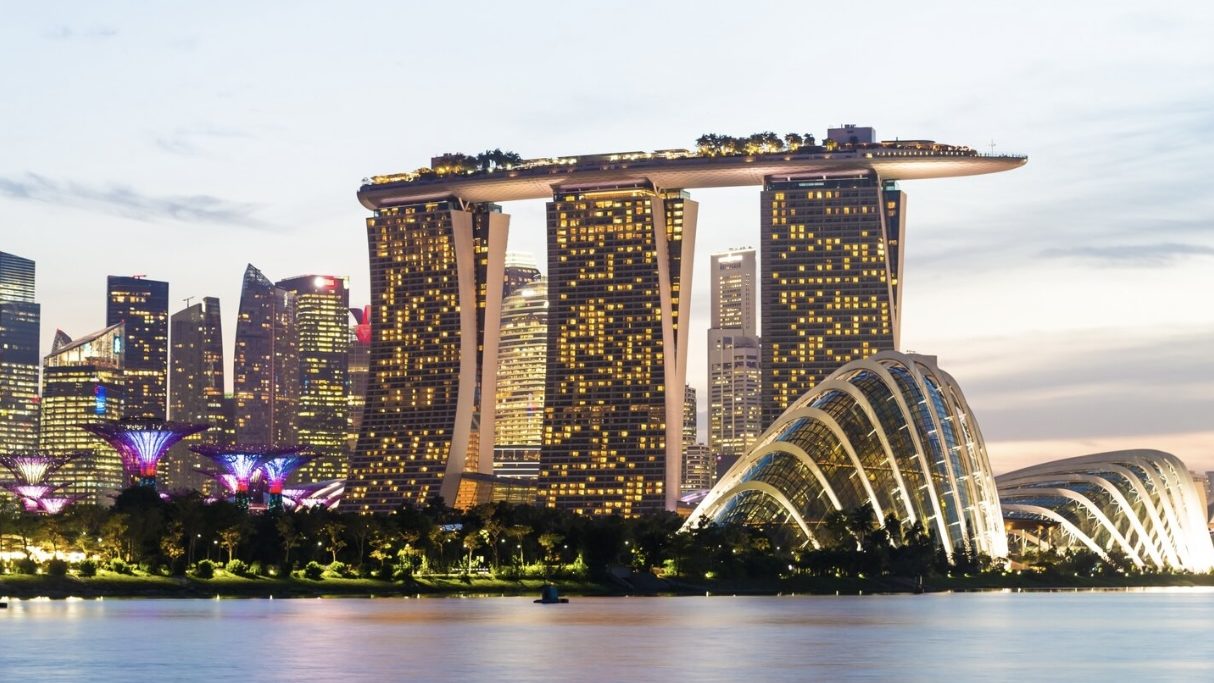SINGAPORE: A report from Julius Baer released on Tuesday (June 25) showed that Singapore is still the most expensive city in the world for luxury spending. However, Hong Kong, ranked third on 2023’s list, is now the runner-up.
The Swiss private banking corporation published its Global Wealth and Lifestyle Report 2024, which said that Singapore is the most expensive location to own a car.
The Little Red Dot keeps attracting the ultra-wealthy to its shores due to its reputation for political and economic stability and its pro-business environment.
It added that the proof of Singapore’s stability is that the average price of luxury goods year-on-year is virtually unchanged, at -0.46 per cent in local currency terms and +0.8 per cent in US dollar terms.
Moreover, inflation levels remained steady across 2023 at 4.8 per cent. Singapore came in pole position on the report for the first time last year after ranking fifth in 2022.
The index ranks the 25 most expensive cities in the world from November 2023 to March 2024, based on an analysis of residential property, cars, business-class flights, as well as other luxuries of people with at least US$1 million in investable assets (S$1.35 million).
The report says that this year, prices have grown faster for goods, up by 5 per cent, than for services (4 per cent).
And while cities keep becoming more expensive, the ultra-wealthy are still willing to spend more, especially on hotels, high-end meals, fashion, and accessories.
In 2024, prices have increased the most for premium consumer items such as fashion and jewellery (9.6 per cent), largely due to higher prices for raw materials, energy, and manpower.
Interestingly, only bicycles have decreased significantly in price globally, decreasing by 6.4 per cent. On a smaller scale, business class flights are down by 1.7 per cent, and the cost of whisky decreased by 1 per cent.
While three Asian cities—Singapore, Hong Kong, and Shanghai—are in the top five of this year’s Julius Baer list, because the yen has been performing poorly, Tokyo saw a significant drop from 15th to 23rd.
“This year’s report shows that currencies matter a lot. Take Tokyo as an example. This used to be the poster child of an ultra-expensive city in the 1990s. However, the steady decline of the yen has shown how this can change.
As trivial as it seems, we tend to forget that the costs of living look completely different in the eyes of a stranger – especially if that person thinks in US dollars or Swiss francs instead of the local currency.
Currency and context matter,” said Christian Gattiker, Head of Research for Julius Baer. /TISG

